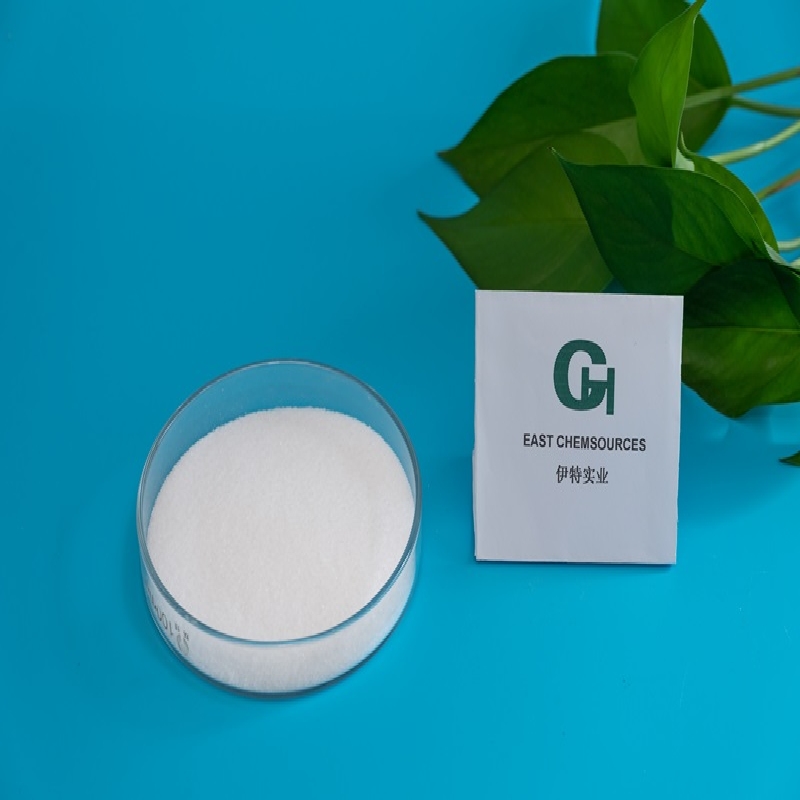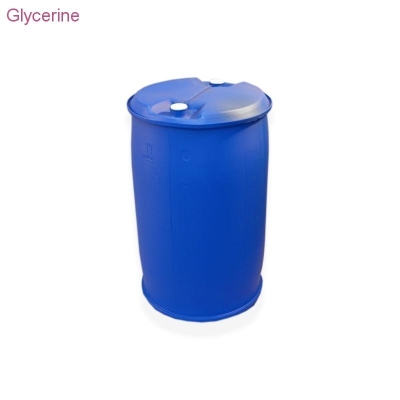-
Categories
-
Pharmaceutical Intermediates
-
Active Pharmaceutical Ingredients
-
Food Additives
- Industrial Coatings
- Agrochemicals
- Dyes and Pigments
- Surfactant
- Flavors and Fragrances
- Chemical Reagents
- Catalyst and Auxiliary
- Natural Products
- Inorganic Chemistry
-
Organic Chemistry
-
Biochemical Engineering
- Analytical Chemistry
- Cosmetic Ingredient
-
Pharmaceutical Intermediates
Promotion
ECHEMI Mall
Wholesale
Weekly Price
Exhibition
News
-
Trade Service
Higher intake of dairy products in adults was associated with a lower risk of colorectal cancer.
Because colorectal cancer has been occurring for decades, researchers in British Journal of Cancer, an authoritative journal in the field of oncology, recently published a study in which researchers hypothesically assumed that higher dairy intake during adolescence was associated with a lower risk of colorectal adenoma (precancer cancer of the colorectal cancer).
27,196 women from the Nurses' Health Study 2 (aged 25-42 at the time of recruitment, 1989) completed a verified high school diet questionnaire in 1998 and underwent at least one endoscopic examination between 1998 and 2011.
researchers conducted Logistic regression analysis data to calculate the ratio ratio (OR) and the 95% confidence interval (CI).
intestinal adenoma was diagnosed in 2,239 women.
intake of adolescent dairy products was independent of the risk of colorectal adenoma (OR (95 per cent CI) was 0.94 (0.80, 1.11) compared to the highest and lowest five-point intakes (≥4vs.≤1.42 parts/day).
from an anatomic point of view, higher dairy intake during adolescence is associated with lower rectal cancer (0.63 (0.42, 0.95) but not with near-end (1.01 (0.80, 1.28)) or far-end (0.97 (0.76, 1.24)).
the researchers observed a negative correlation between dairy intake and histological advanced adenoma (0.72 (0.51, 1.00)), but not non-late adenoma (1.07 (0.86, 1.33).
in this large group of young women, higher dairy intake during adolescence was associated with a lower risk of rectal and advanced adenomas in adulthood.







